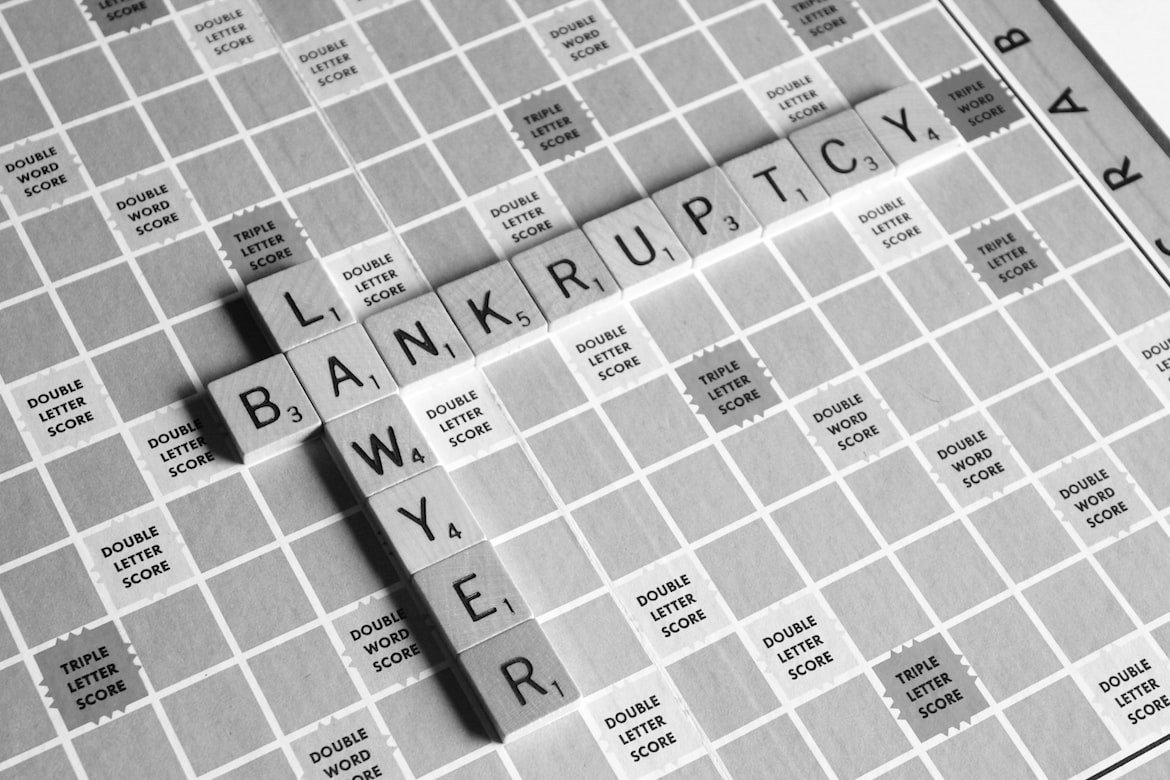Bankruptcy for Healthcare Professionals: Navigating Financial Challenges in the Medical Industry

In the ever-changing landscape of the medical industry, healthcare professionals face numerous challenges. One of the most pressing concerns is financial instability, which can often lead to the consideration of bankruptcy. In this article, we will delve into the intricacies of bankruptcy for healthcare professionals and how they can navigate these financial challenges effectively. Whether you’re a doctor, nurse, or any other medical practitioner, this guide is tailored to help you understand the complexities of bankruptcy and how to seek assistance from a bankruptcy attorney in Arcadia.
DOWNLOAD IMAGE FROM HERE – https://unsplash.com/photos/hp_DJqUydxI
Understanding Bankruptcy for Healthcare Professionals
As a healthcare professional, the prospect of bankruptcy can be daunting. It’s essential to comprehend what bankruptcy entails before making any decisions. Bankruptcy is a legal process designed to assist individuals and businesses overwhelmed by debt. For medical professionals, it provides an opportunity to restructure their financial situation and get a fresh start. However, it is crucial to remember that bankruptcy is not a decision to be taken lightly, as it can have long-term repercussions on your credit and reputation.
Recognizing the Signs of Financial Distress
Before bankruptcy becomes the only option, it’s essential to identify the warning signs of financial distress. Healthcare professionals should be vigilant about mounting debts, difficulty in paying bills, and dwindling revenues. Ignoring these signs can lead to a more challenging financial situation. Recognizing financial distress early on allows professionals to explore other solutions before bankruptcy becomes inevitable.
The Impact of Bankruptcy on Medical Practices
Bankruptcy can significantly impact medical practices. It can lead to the liquidation of assets and may even force some healthcare professionals to close their practices. Patients may lose confidence in the quality of care, and the reputation of the medical facility could suffer. Understanding the potential consequences of bankruptcy is vital for making informed decisions about the best course of action.
Exploring Chapter 7 Bankruptcy
Chapter 7 bankruptcy, also known as liquidation bankruptcy, involves the sale of non-exempt assets to repay debts. It provides a relatively quick and straightforward process for healthcare professionals overwhelmed by unmanageable debt. However, not everyone is eligible for Chapter 7, and it’s crucial to weigh the pros and cons before proceeding with this option.
Delving into Chapter 13 Bankruptcy
Chapter 13 bankruptcy offers a more structured approach to debt relief. It allows healthcare professionals to create a repayment plan to clear their debts over a specific period, usually three to five years. This option can be beneficial for those who want to retain their assets and have a steady income to support the repayment plan.
Bankruptcy’s Effect on Personal Finances
Bankruptcy has a profound impact on personal finances. It can affect credit scores, making it challenging to secure loans in the future. While it may seem daunting, it’s essential to remember that bankruptcy offers a chance for a fresh start. With responsible financial management and planning, healthcare professionals can gradually rebuild their creditworthiness.
Rebuilding Your Financial Health
Recovering from bankruptcy takes time and discipline. To rebuild financial health, healthcare professionals should create a budget, live within their means, and prioritize debt repayment. It’s crucial to learn from past mistakes and implement sound financial practices to avoid future financial difficulties.
Seeking Professional Help
Navigating bankruptcy laws and proceedings can be overwhelming. This is where a bankruptcy attorney can be a valuable asset. A knowledgeable attorney can guide healthcare professionals through the complexities of bankruptcy, ensuring their rights are protected, and the best possible outcome is achieved.
Alternative Options for Healthcare Professionals
Bankruptcy is not the only option for healthcare professionals facing financial challenges. Exploring alternatives, such as debt consolidation or negotiation with creditors, may present viable solutions. It’s essential to consult with financial advisors and bankruptcy attorneys to determine the most suitable approach for each unique situation.
Learning from Bankruptcy: Future Financial Planning
Experiencing bankruptcy can be a humbling and educational process. By learning from the mistakes that led to financial distress, healthcare professionals can implement better financial planning for the future. This newfound knowledge can help prevent similar situations from arising and lead to more secure financial footing.
While bankruptcy can be a difficult and emotionally taxing decision for healthcare professionals, it is crucial to remember that it offers a chance for a fresh start. By understanding the complexities of bankruptcy and seeking professional guidance such as a seasoned bankruptcy law firm in Arcadia, medical practitioners can navigate financial challenges and move towards a more stable financial future.
